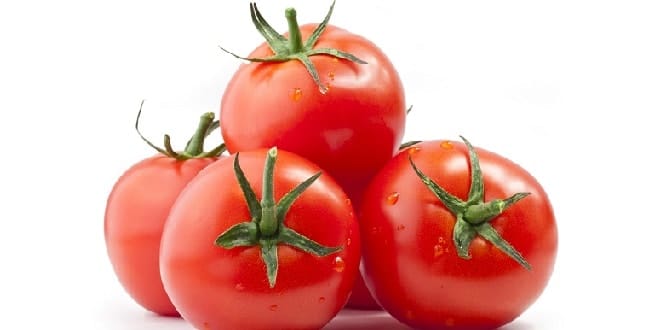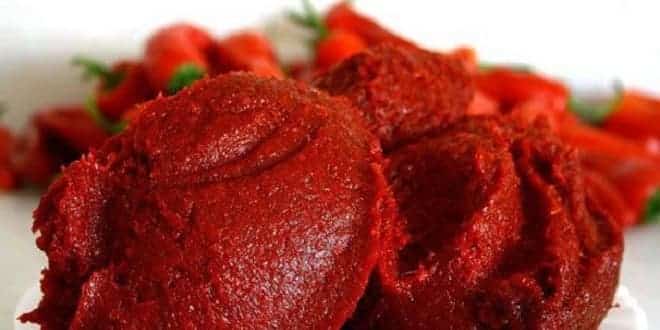Tomato Sauce, Ketchup and Puree
1.0 INTRODUCTION
Tomato is a very popular vegetable throughout the country and it is grown in many states. Apart from use in vegetables, its down stream products like soup, concentrates, sauce, puree, ketchup are also equally popular and they have a longer shelflife unlike fresh tomatoes. Tomato is perishable and needs to be transported carefully to avoid damage during transit. With the advent of new technology, many down the line products are made and are consumed round the year as table enrichers.
2.0 PRODUCTS
2.1 Applications
The products suggested are sauce, ketchup and puree. They are made from tomato juice and many other ingredients and preservatives are added to it to enhance its shelf life and taste. These products are consumed by people of all age groups and demand is going up. These products can be made in states like Maharashtra, Gujarat, Karnataka, UP, HP, North Eastern states and so on, but this note considers Assam as the preferred location in view of the growing market.
2.2 Availability of know-how, Quality Standards and Compliances.
CFTRI, Mysore, has successfully developed the technical know-how. BIS has laid down the quality standards vide IS 3881/2/3:1966. Compliances under FPO and PFA Act are mandatory.
3.0 MARKET POTENTIAL
3.2 Demand and Supply
Tomatoes are available during the season at cheaper rates and prices start shooting up during off-season. But main reason for these products becoming popular is their extensive use as enrichers along with bread and other such preparations, in making some fastfood items like pizza, burger, hot dogs etc. and as additives with many food preparations. Hence, these products are witnessing increase in demand year after year. They have already become popular in urban and semi-urban areas and are now making in-roads in rural markets as well. Thus, there is a good scope for these products especially in semi-urban and rural areas.
3.2 Marketing Strategy
There are many established national as well as regional brands but they have captured mainly the urban and elite markets and for a quality product, there is a vast market which can be penetrated by offering competitive prices. Apart from a growing household market, other lucrative segment is eateries, restaurants, sandwich makers, fastfood joints etc. Marketing would play a crucial role and placement, publicity, commission to retailers etc. are important aspects.
4.0 MANUFACTURING PROCESS
Fully grown or matured and ripe tomatoes are thoroughly washed preferably in running water. Afterwards, they are boiled in the steam jacketed kettles to facilitate pulping. During pulping, juice is extracted and other solid materials are separated. This extracted juice is the basic material from which other products are made. Sauce is made by concentrating juice and during the process; salt, sugar, vinegar, spices, preservatives, onion etc. are added to the extent that the mixture contains not less than 12% tomato solids and 28% total solids. Sauce is passed through sieve to remove fibrous and other materials. In case of ketchup, the process is more or less same, but many spices like ginger, garlic, clove, pepper are added with salt, sugar, vinegar and preservatives. While making puree, juice is concentrated under vacuum with around 9% to 12% solids. Products are then packed in bottles. Depending upon quality of tomatoes, recovery of juice varies from 40% to 45%.
5.0 CAPITAL INPUTS
5.1 Land and Building
A plot of land measuring around 300 sq.mtrs. is suggested. Considering price of Rs. 250/- per sq.mtr, cost of land would be Rs. 75,000/-. Requirement of total constructed area will be about 150 sq.mtrs. A large production hall of around 75 sq.mtrs. is suggested. Raw materials and finished goods godowns may occupy 25 sq.mtrs. Packing room of about 25 sq.mtrs. and office etc. of 25 sq.mtrs. would suffice. Cost of construction is taken at Rs. 2500/- per sq.mtr. Thus, total expenditure on civil work will be Rs. Rs.3.75 lacs.
…


